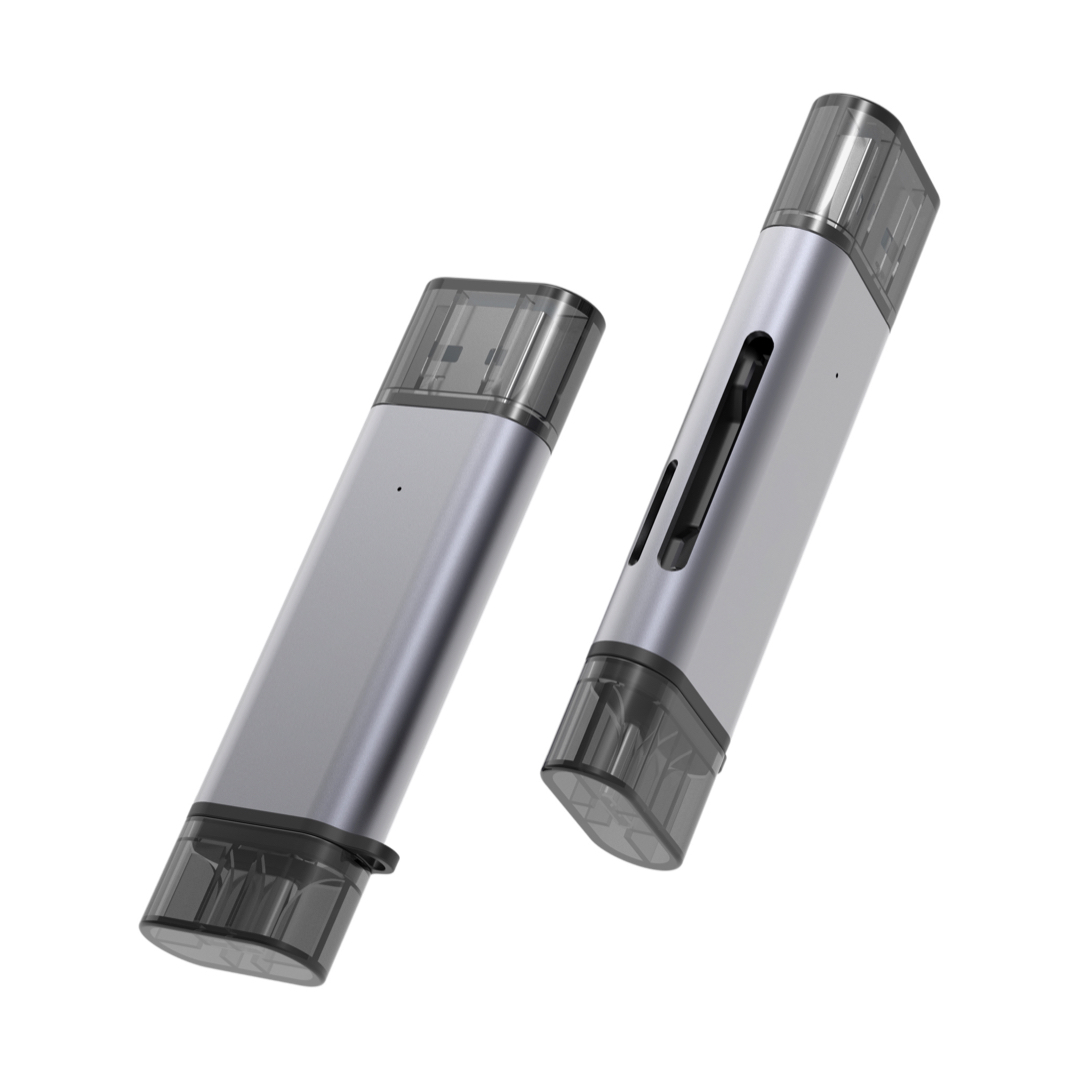Understanding the Rating and Its Importance

When it comes to choosing an audio adapter, understanding the rating is crucial. The rating of an audio adapter refers to its overall performance and quality. It helps users determine the capabilities and compatibility of the adapter with their audio devices. In this article, we will delve into the rating of audio adapters and explore its significance in the audio industry.
1. The Importance of Audio Adapter Rating
The rating of an audio adapter provides valuable insights into its performance capabilities. It indicates the adapter's ability to reproduce high-quality audio signals, its power handling capacity, and its compatibility with different audio devices, including speakers, headphones, and microphones. A higher rating generally signifies better performance, allowing users to enjoy enhanced audio experiences.
2. Understanding the Rating Systems
There are various rating systems used in the audio industry to classify and rate audio adapters. The most common rating systems include THD (Total Harmonic Distortion), SNR (Signal-to-Noise Ratio), and power ratings.
THD
THD, or Total Harmonic Distortion, measures the amount of harmonic distortion introduced by an audio adapter. Lower THD values indicate the adapter's ability to accurately reproduce audio signals without significant distortion. A THD rating below 0.1% is generally considered excellent.
SNR
SNR, or Signal-to-Noise Ratio, measures the difference between the signal strength and background noise. A higher SNR rating indicates a cleaner and more accurate audio output. A good SNR rating for an audio adapter is typically above 90 dB.
Power Ratings
Power ratings specify the amount of power an audio adapter can handle. The rating is usually given in watts and determines the maximum volume level that can be achieved without distortion. It is important to match the power rating of the adapter with the power requirements of the audio devices connected to it.
3. Factors Affecting Audio Adapter Ratings
Several factors can influence the rating of an audio adapter:
Component Quality
The quality of the components used in the adapter, such as capacitors and resistors, directly affects its performance. High-quality components result in better audio reproduction and, consequently, higher ratings.
Design and Construction
The design and construction of the audio adapter play a significant role in determining its overall rating. Factors like circuit layout, shielding, and grounding can impact performance and minimize interference, resulting in better ratings.
Brand and Price
Well-known brands with a reputation for producing high-quality audio equipment often offer adapters with better ratings. Additionally, higher-priced adapters usually incorporate advanced technologies and superior components, contributing to their higher ratings.
Conclusion
The rating of an audio adapter is a crucial factor to consider when looking for high-performance audio solutions. Understanding the different rating systems and factors affecting the rating can help users make informed decisions. Whether you are a music enthusiast or a professional audio engineer, choosing an audio adapter with a favorable rating will ensure exceptional audio experiences and compatibility with your devices.



